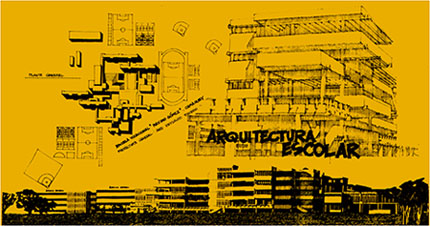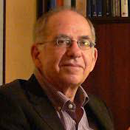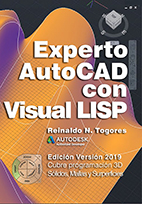 This paper was read on April 26, 1991 within the cycle of lectures held to celebrate the creation of the Plastic Artists Association's Environmental Design Section of the Cuban National Union of Writers and Artists (UNEAC). It is important to set this paper in its temporal context. Our action as an architect and designer was always characterized by the rejection of what Joaquín Rallo defined as the 'pragmatic, positivist, technocratic, pseudo-racionalist trend, without any further conceptual base or aesthetic intentionality' that since the early sixties dominated the Cuban construction industry. It rested on those heavy prefabrication technologies from the Khruschev era financed by the USSR. But by 1991 the end of all that was in sight. The trade agreements signed by the end of 1990 put an end to the the inflated price the Soviets paid for Cuban sugar. And the 26th of December 1991, exactly eight months after this paper was read, the Union of Soviet Socialist Republics officially ceased to exist. That then foreseeable future led us to conclude stating that: Economy may force us to solutions far apart from the drama of environment transforming 'high-techs'. Especially today, when we wake up to the harsh reality understanding that it is not possible to continue with the waste of resources they entail. It is about the steel, cement, fuel, equipment and spare parts that, or we can no longer continue importing or that we could use more profitably in other endeavors. Turning away from the old and discredited myths it becomes necessary to rediscover our only constantly renewed resource: our men and women's will to work. Will which shall find its way in an alternative solution. The one imposed as a significant cultural phenomenon notwithstanding the use of the same materials, suffering the same shortages and counter to one and the same bureaucratic hierarchy always eager to prevent the uncommon.  Dibujo de Rafael Fornés Dibujo de Rafael Fornés |
SeccionesNueva versión, actualizado a AutoCAD 2019.Entre otros nuevos aportes que se incorporan, destaca el uso del nuevo Sistema de Propiedades no-Com, cuyas funciones en muchos casos permiten obtener resultados que anteriormente exigían el uso de las propiedades y métodos ActiveX, solo disponibles en la plataforma Windows. Incluye varios capítulos sobre programación para entidades 3D tales como Sólidos, Mallas y Superficies, el diseño de cuadros de diálogo tanto DCL como OpenDCL. También el uso de reactores, las maneras de asociar información a los objetos gráficos y la conexión a bases de datos externas. |
© 1999-2019, Reinaldo Togores. Todos los derechos reservados.


